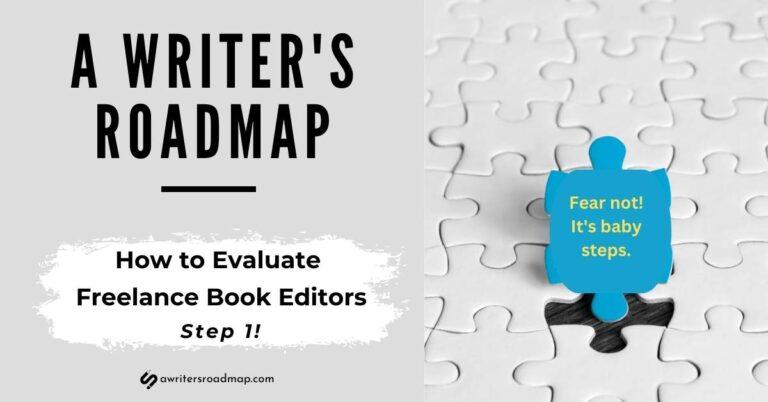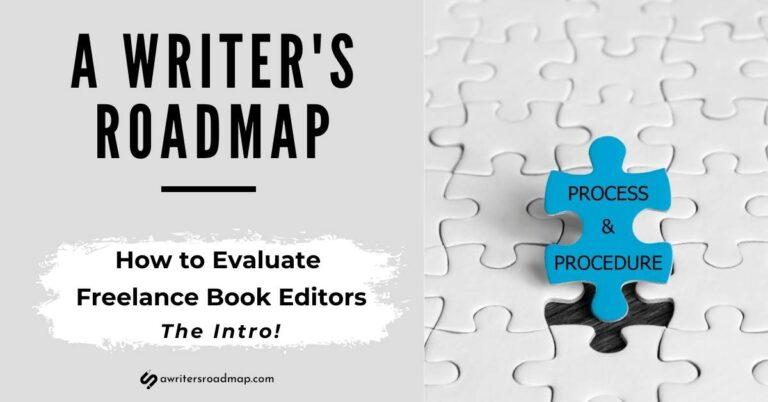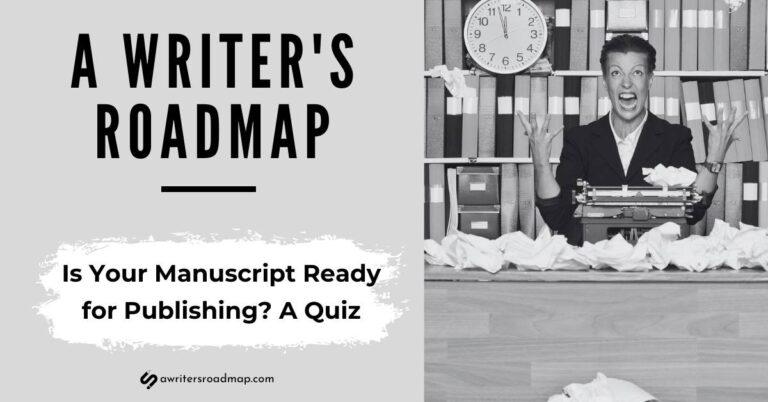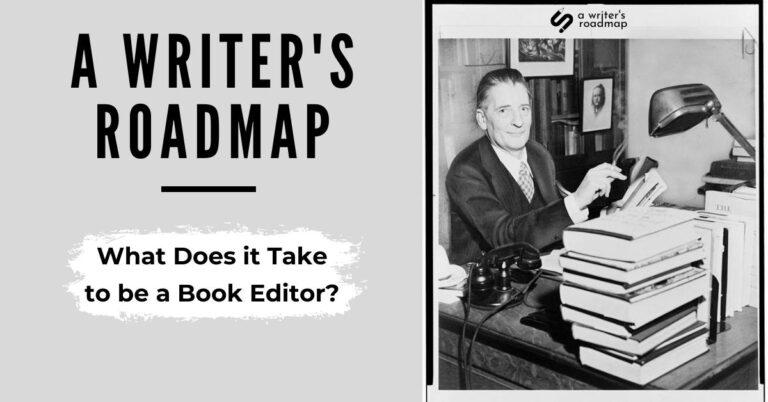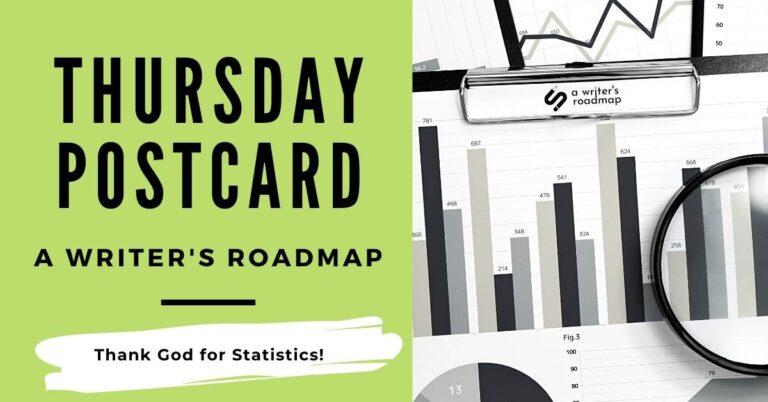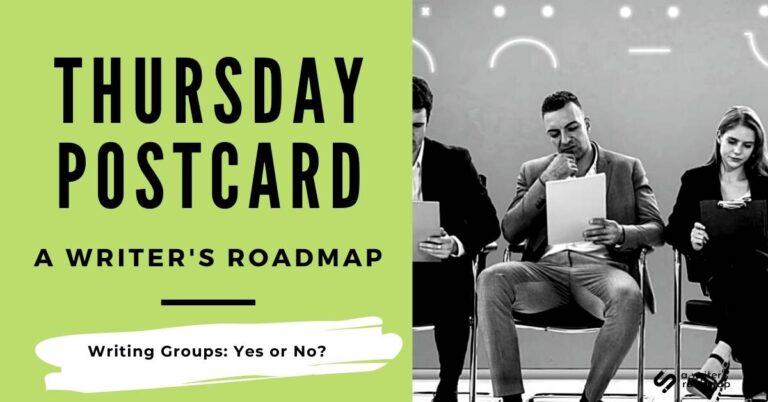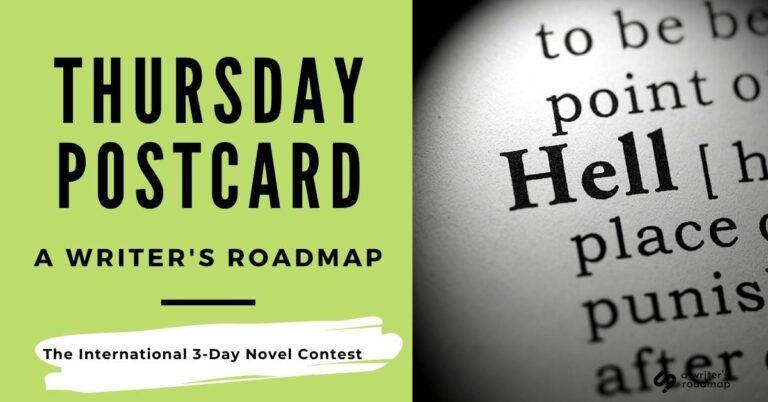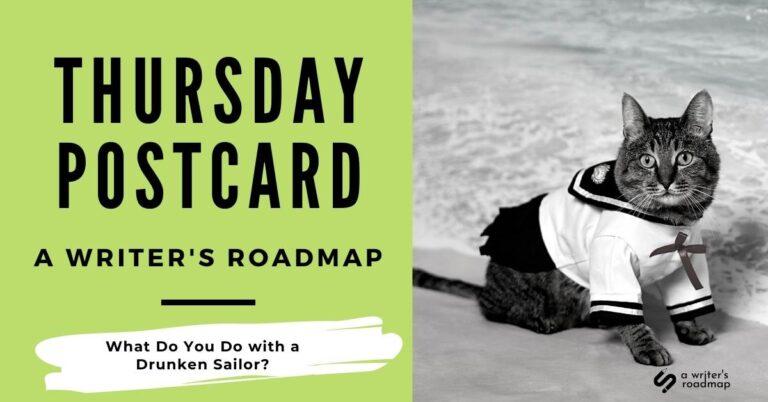Have you been querying for a while and not getting any results? If you’re new to the business of book publishing, you might not be aware that literary agents (and acquisitions editors at publishing houses) are facing an unprecedented tsunami of writing. Along with that, the operational model for traditional publishing is as screwy as it gets, and there are a ton of problems.
What’s so different about now?
- The sheer volume of manuscripts being pitched to agents and acquisitions editors is rising every year as more people write, some of them boomers who have retired and now have more time, some of whom took up writing during the pandemic, some of whom would have been writers no matter when they lived.
- Querying an agent costs nothing but time. There’s no barrier to sending out a query letter.
- That would be okay, except that most writers query before their work is publishable.
- There’s a lot of misinformation and delusional thinking about what it takes to get a novel published traditionally.
- Many writers are not researching adequately before they pitch to agents.
- [On the opposite end of the spectrum, I know some very good writers who have given up. They write novels but don’t want to self-publish, so those manuscripts sit in a drawer. Nobody feels good about it.]
- The querying system is ridiculous at such high volumes. Non-fiction has a more streamlined system, with the submission of a book proposal to test “proof of concept”–quicker to read; easier to see if the writer is professional about what’s required.
- Judgments about fiction are highly subjective. So even a great novel, one your agent or editor loves and works hard for, can go unsold.
- The publishing industry (now the Big Four, since Penguin Random House bought Simon & Schuster), are big businesses that keep merging and conglomerizing (is that a word?), cutting editorial staff, resulting in fewer people able to make decisions about whether to purchase a manuscript.
- The norm for business communication in publishing is not to respond. That intensifies the soul-crushing aspect and makes it hard to know whether your work is even getting seen.
- Plus in the last 18 months, there’s been a pandemic. New York was hit hard and an already overwhelmed profession (agents & editors) had their lives turned upside down.
OK, so what can you do?
What you do depends on where you are at with your writing project.
If your novel isn’t finished, don’t query.
If you’ve completed a draft but have yet to get feedback, don’t query.
If you’ve gotten feedback but haven’t acted on it, don’t query.
If you’re sure your novel works but don’t know who publishes that type of book, don’t query.
If your novel works and you have some publishers in mind but haven’t studied which agents represent your type of book, don’t query.
If your novel works, you have some publishers in mind, but don’t have a strong query package (letter, synopsis, first 10-50 pages), don’t query.
If your novel works, you have some publishers in mind, have a strong query package, have researched agents, and know they’re open to submissions…query!
If you don’t hear back, don’t take it personally. Traditional publishing is a fragmented, screwy, strange business, but it’s full of people who love books. Everyone I know in the industry is running as fast as they can.
Improve your chances of publication by doing the work, doing your research, and approaching the business only when you have done all the work that comes AFTER you write the book.

